International Court of Justice
Australia/Japan: Whaling
The Committee: The International Court of Justice (ICJ) is the primary judicial body of the United Nations, established to resolve legal disputes between sovereign states and provide advisory opinions regarding interpretations of international law. Its role is to promote peaceful conflict resolution and uphold the rule of law through interpreting treaties, territorial disputes, maritime boundaries, diplomatic relations, and violations of international agreements. The ICJ handles cases that involve critical issues like sovereignty, force use, environmental regulations, and human rights violations. Composed of 15 judges, the ICJ has complete impartiality and fairness in its rulings. While cases are voluntarily brought to the ICJ, its rulings are binding, but only to the extent of enforcement by the state. The ICJ also provides advisory opinions at the request of UN bodies or specialized agencies, contributing to the development of international law by offering unique interpretations on global legal issues.
The Topic: In 1982, the International Whaling Commission established a moratorium which prohibited commercial whaling of all whale species after the 1985/1986 season. However, countries who registered for special permits were still able to hunt whales for scientific research. In the Whaling in the Antarctic (Australia v. Japan) case, Australia files a case with the International Court of Justice (ICJ) claiming that Japan's JARPA II program breached international laws by commercially whaling under the guise of scientific research. Japan's JARPA II is a continuation of its original JARPA program, which was established to address the uncertain scientific data on whale populations and aimed to provide information on the effective management and conservation of whale stocks. Japan argues that their program is a legitimate scientific endeavor, providing valuable information on whales. The public hearing under the jurisdiction of the ICJ hopes to settle the dispute between Japan and Australia regarding JARPA II as well as discuss how non-lethal research methods can be applied in the future. The committee will explore the ambiguities in international law and how different interpretations can skew the true intent of the law. As Japan and Australia debate on how to define "scientific research", judges will formulate their own opinions in light of the evidence provided by both sides.
Chair: Dhruv Agarwal
Email: dhruva2@nycstudents.net
Vice Chair: Jaden Li
Email: jadenl72@nycstudents.net
